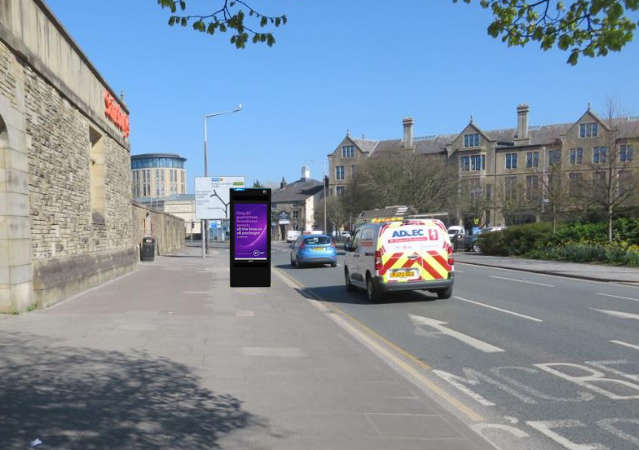
There are plans to install a new state-of-the-art BT Street Hub - a 21st century replacement for the payphone - outside a Lancaster supermarket as part of an intended rollout across the city.
BT says the proposals for outside Sainsbury's on Cable Street form part of their wish for a programme of similar hubs in Lancaster.
BT Street Hubs are described as "a sleek, modern answer to the demands of a digitally connected, converged-media society".
The telecommunications giant has installed more than 950 across the UK - and says they provide free ultrafast Wi-Fi, public messaging and better mobile connectivity.
But critics say they are visually intrusive, block pavements and could distract drivers.
In 2022, Lancaster City Council refused permission for Street Hubs outside Marks and Spencer on Penny Street and for near St Nicholas Arcades car park on Church Street.
Decision notices at the time, said: "Due to the scale, prominence and siting of the proposal, type of illumination and lack of any similar schemes in the immediate vicinity, the proposed 'Street Hub' unit with advertisement screens would appear as an obtrusive and conspicuous feature causing significant visual harm to the amenity of the area, and detrimental to the appearance and character of the street scene and public realm."
The latest proposal is for the "installation of a BT Street Hub with double sided digital screen" for the footpath outside Sainsbury's.
The plans would also see two existing BT phone boxes - on Bulk Road and Ullswater Road in Lancaster - removed.
BT said this is part of "a strategic package of applications submitted to Lancaster City Council, containing Street Hubs located within existing streetscapes in the council area".
A report submitted with the plans said: "Local Authorities across the country use Streets Hubs to meet key challenges head-on such as upgrading local infrastructure, tackling the digital divide, and freeing the high street from unnecessary furniture.
"With Street Hubs, BT are further transforming the payphone estate by making streets smarter, with ultrafast Wi-Fi, public messaging, and better mobile connectivity.
"We are making them safer with ready emergency services. Furthermore, BT are making them more sustainable, with sensors allowing for ‘smart city’ planning and reduced street clutter.
"Street Hubs are free-standing structures featuring a fully accessible tablet interface and digital HD display screens on two sides.
"Overall, Street Hub dimensions are 35cm deep and 123.6cm wide and a height of 298.6cm to maximize the Wi-Fi range without dominating the street.
"Street Hubs have been designed to be accessible to all users, regardless of their physical or technological capabilities.
"Street Hubs are free to use, fully accessible community assets connecting and improving local streets in urban areas.
"At no cost to taxpayers or end users, Street Hubs provide communities with an unprecedented suite of essential urban tools including: Ultrafast public and encrypted Wi-Fi, powered by 100% renewable carbon-free energy, inspected weekly and cleaned at least every two weeks, monitored 24/7, free phone calls, display community and emergency (i.e. police) awareness messaging, ability to house IoT sensors such as air quality, traffic etc.
"The Street Hub unit will be funded through the display of advertising in conjunction with other council and community content, via sponsorship from companies who will utilize the digital HD display screens on both sides of the unit.
"The screens will display content at 10-second intervals, in the form of both the commercial content that funds the service, as well as a wide range of local community and council content.
"As such, the proposed Street Hub will provide 876 hours of free council advertising per year with the opportunity for discounted advertising for local business groups (such as BIDs and Chambers of Commerce) and their members through BT’s Street Hub Partners Program.
"All Street Hubs are powered by 100% renewable carbon-free energy, with energy efficiency prioritized throughout the design process.
"This application is part of a scheme of Street Hub deployment across Lancaster. The proposed Street Hubs will help to deliver a comprehensive network of connectivity within the borough whilst decluttering the Council’s streetscene.
"Street Hubs can provide the council with valuable data as each unit has environmental sensors that can monitor air, sound and light.
"This free environmental data has its own dashboard and can assist the planning system actively manage patterns of growth in support of national air quality objectives and will be a useful source of real-time data in the delivery of the council’s own green agenda.
"In a similar vein, Street Hubs have the capability to monitor pedestrian, cyclist, and vehicle movements and so can help the council to monitor and, where practicable, develop travel plans for the area.
"Like all development, the introduction of anything new within a particular environment will always be, to some degree, a noticeable addition or change to those residents, businesses and regular passers-by found closest.
"However, it should be appreciated that the visibility of something that is new or the change in form of something that has an established presence on-site, like the removal of an existing or nearby a telephone kiosk and installation of a new Street Hub unit, does not automatically result in an overwhelming adverse harm occurring, irrespective of any potential land designations."
Lancaster City Council will decide whether to grant planning permission in due course.

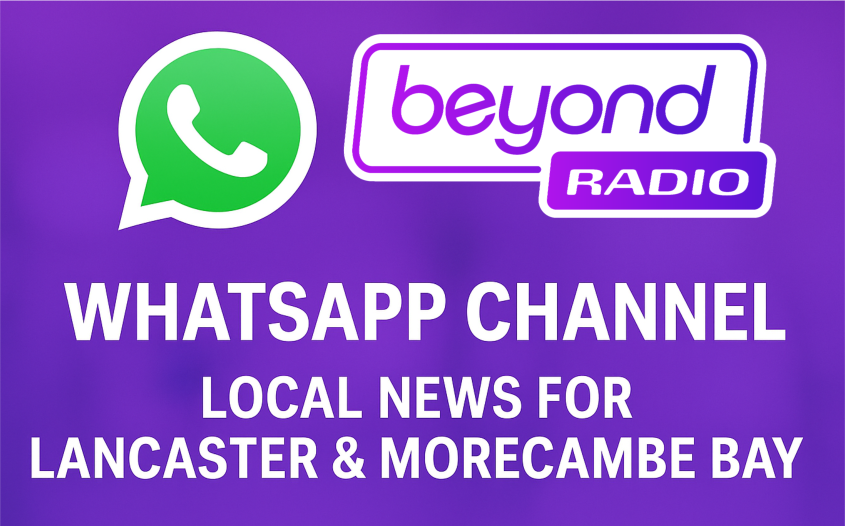
 Lancaster youth charity launches 10 Challenges campaign
Lancaster youth charity launches 10 Challenges campaign
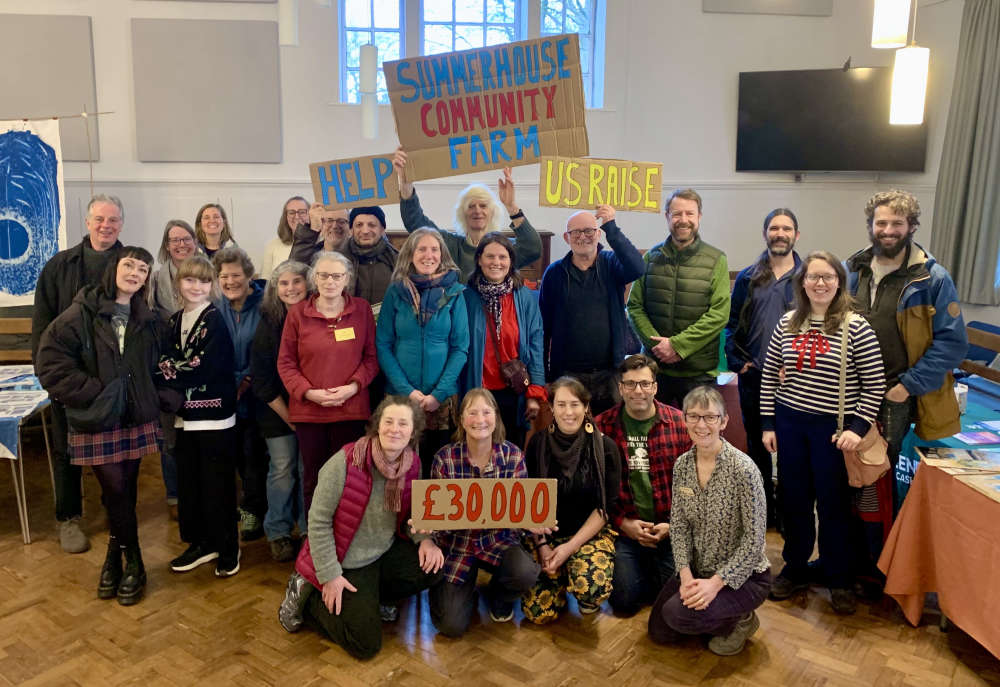 £30k campaign launched for new Lancaster community farm
£30k campaign launched for new Lancaster community farm
 Carnforth chiropodist honours her late husband with clinic fundraiser
Carnforth chiropodist honours her late husband with clinic fundraiser
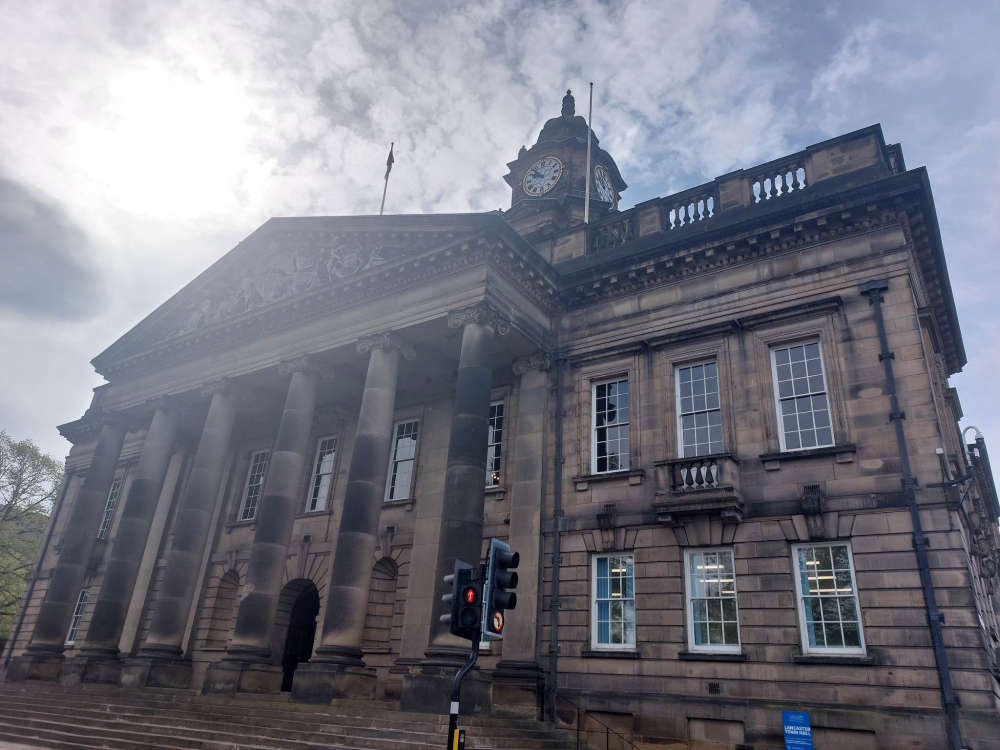 Lancaster City Council agrees 2.99 per cent rise in Council tax share
Lancaster City Council agrees 2.99 per cent rise in Council tax share
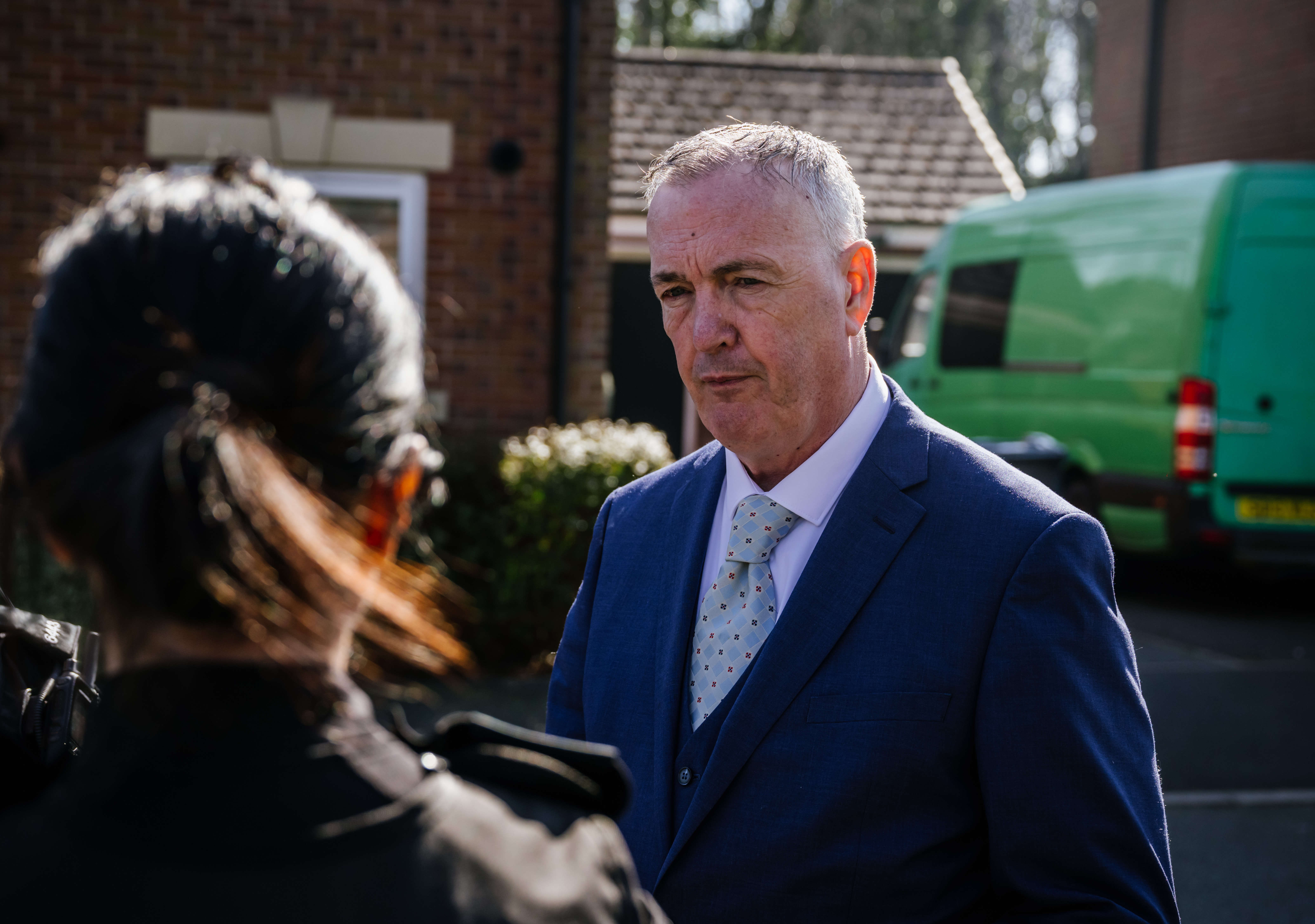 Lancashire Police’s share of Council tax to rise by 5.4 per cent
Lancashire Police’s share of Council tax to rise by 5.4 per cent
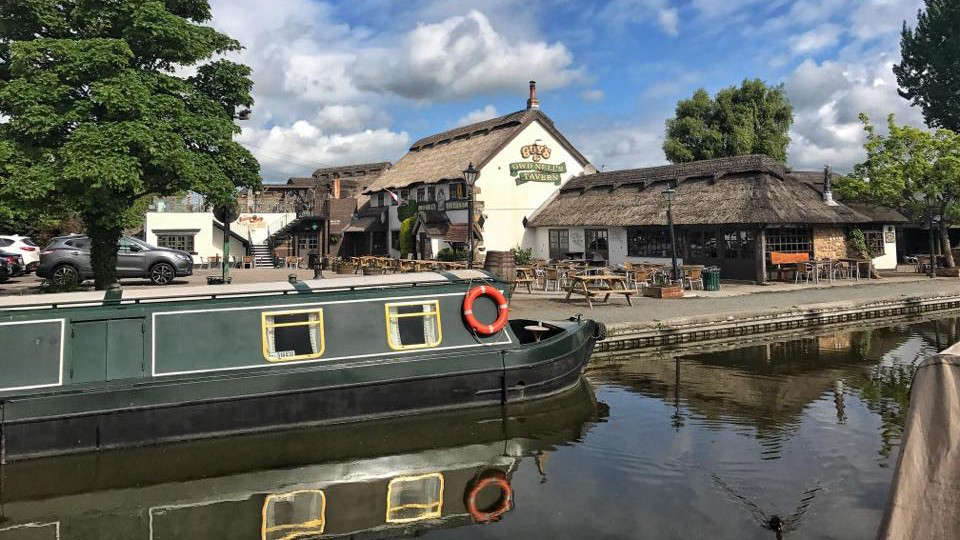 Guys Thatched Hamlet closes suddenly after 46 years
Guys Thatched Hamlet closes suddenly after 46 years
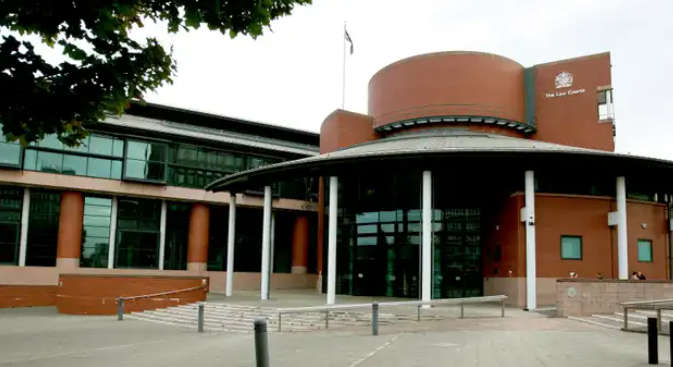 Teenager spared jail for causing death of newborn child in Morecambe
Teenager spared jail for causing death of newborn child in Morecambe
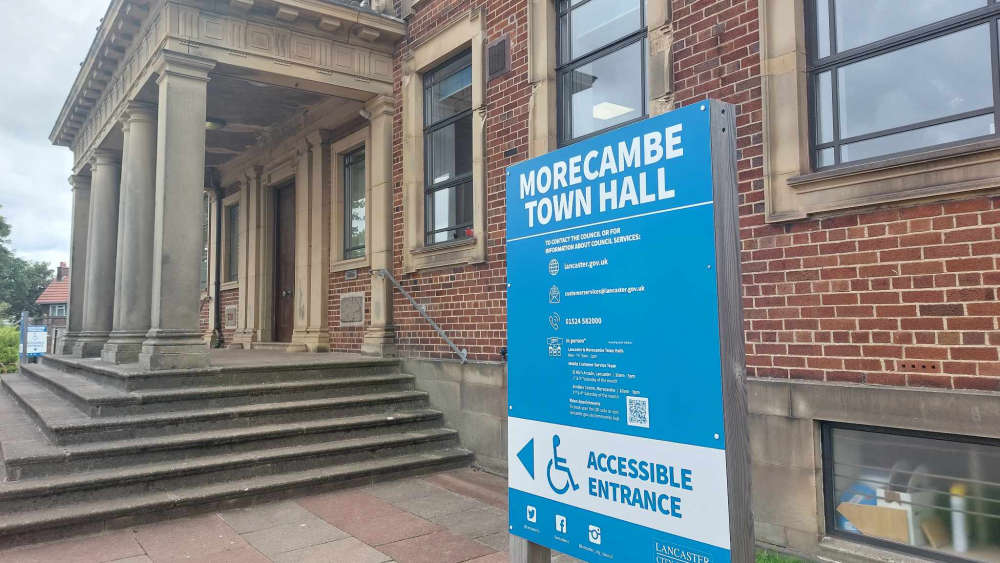 Morecambe Town Council agrees budget and 2.46 per cent rise in Council tax share
Morecambe Town Council agrees budget and 2.46 per cent rise in Council tax share
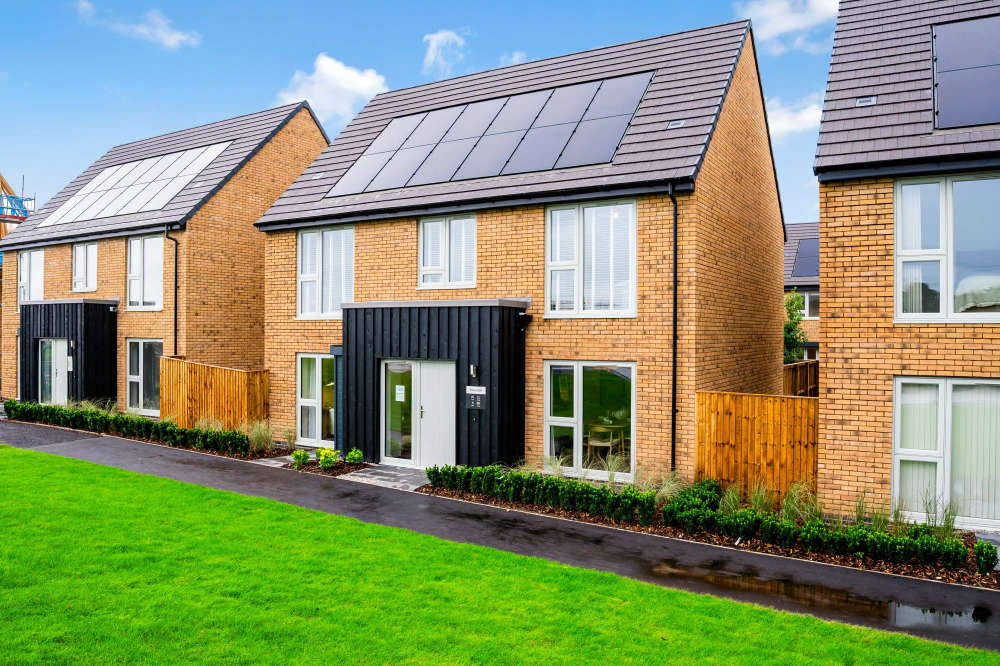 Builders of new Lancaster housing development offer £2k cash pot to community groups
Builders of new Lancaster housing development offer £2k cash pot to community groups
 Lancaster centre welcomes mayor for opening of new community kitchen
Lancaster centre welcomes mayor for opening of new community kitchen
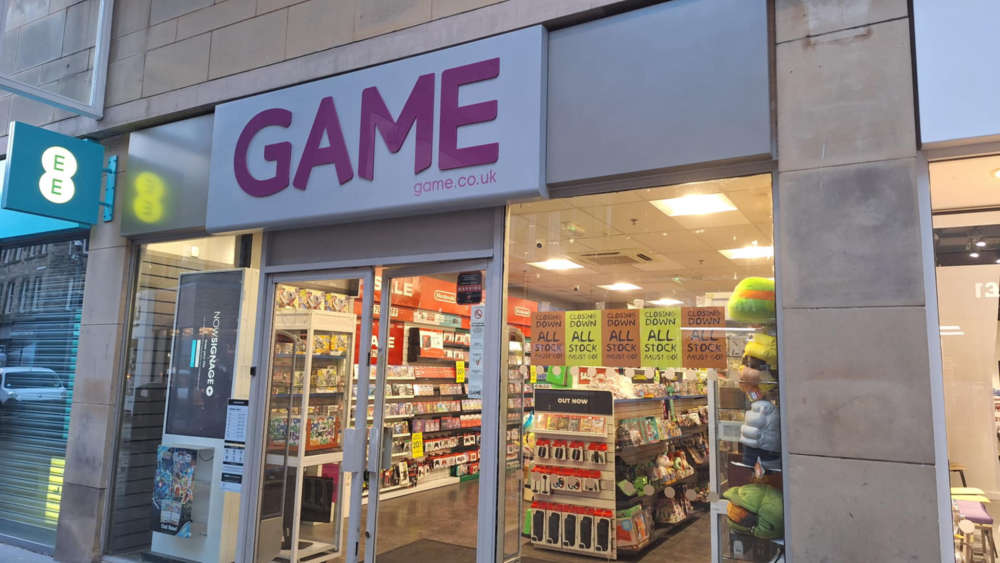 Lancaster shop to close as high street gaming chain faces administration
Lancaster shop to close as high street gaming chain faces administration
 Jim Bentley returns for second spell as Morecambe FC manager
Jim Bentley returns for second spell as Morecambe FC manager
 Ashvir Singh Johal’s reign as Morecambe manager comes to an end
Ashvir Singh Johal’s reign as Morecambe manager comes to an end
 Lancaster writer's ghost story of Morecambe to be voiced by acting legend on Radio 4
Lancaster writer's ghost story of Morecambe to be voiced by acting legend on Radio 4
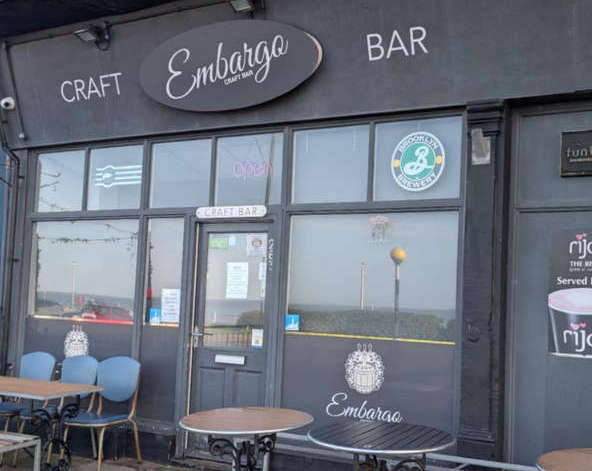 Change of name announced for popular Morecambe bar
Change of name announced for popular Morecambe bar
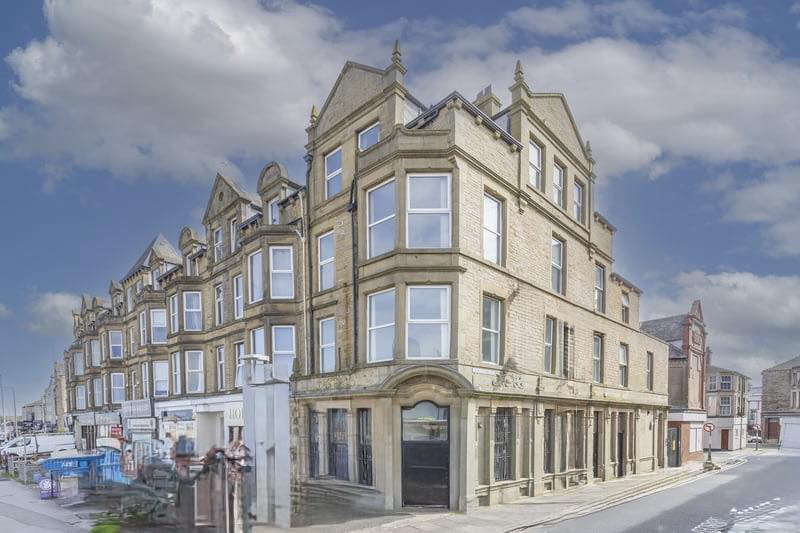 Opening announced for new Morecambe bistro inside former post office
Opening announced for new Morecambe bistro inside former post office
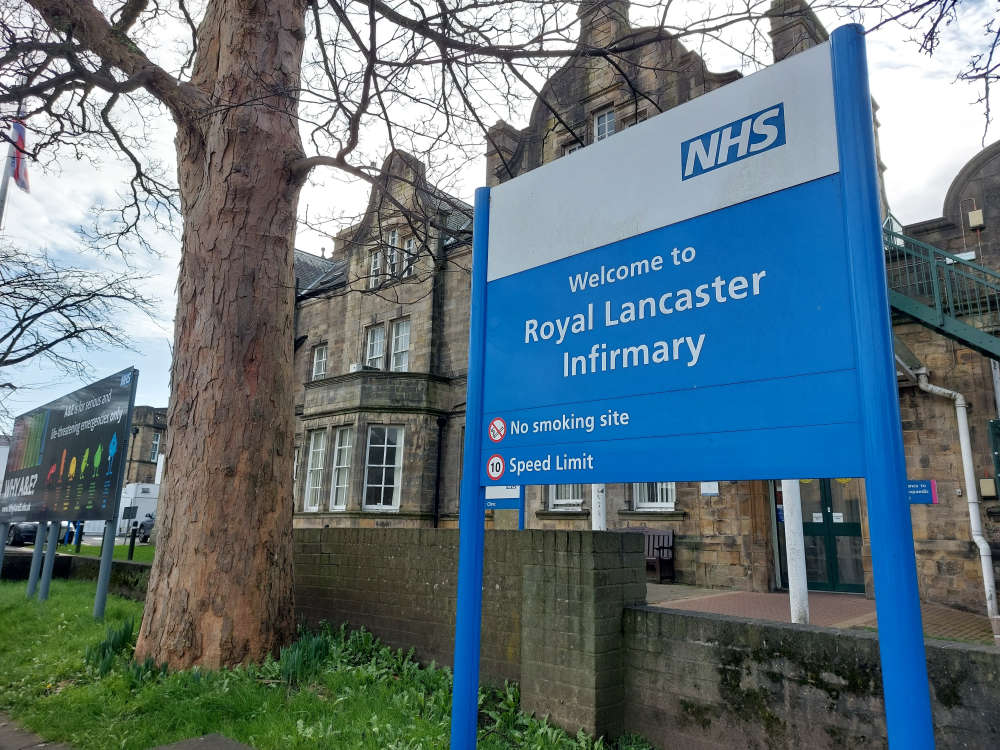 Health watchdog report shows improvements to services at Royal Lancaster Infirmary
Health watchdog report shows improvements to services at Royal Lancaster Infirmary
 LISTEN: How Leo's Gym is making a difference in memory of young Morecambe boxer
LISTEN: How Leo's Gym is making a difference in memory of young Morecambe boxer
 LISTEN: Lancaster set to celebrate Chinese New Year
LISTEN: Lancaster set to celebrate Chinese New Year
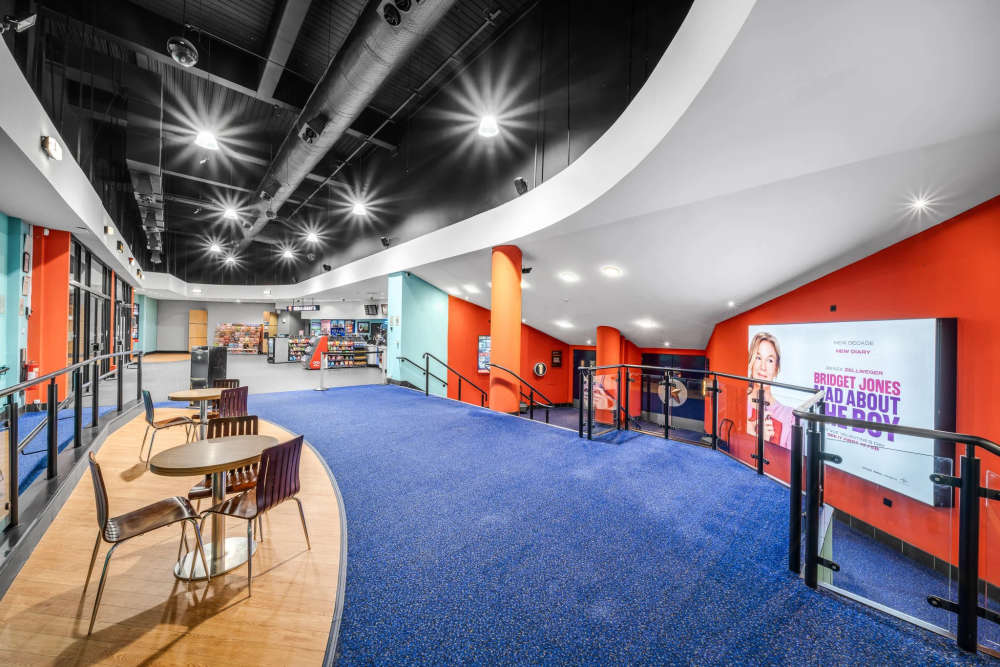 Lancaster’s Vue Cinema under new ownership
Lancaster’s Vue Cinema under new ownership









